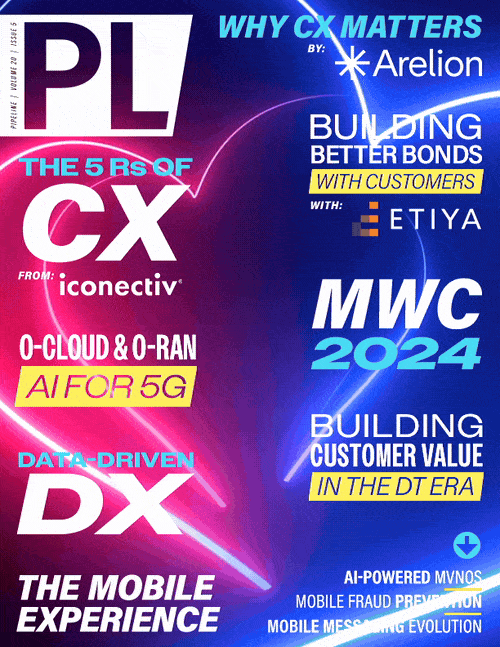Messaging Technology Evolution: Meeting the
Challenges of Messaging Tech Abundance

Messaging has become an indispensable part of daily life in this interconnected digital era. Consequently, the market is saturated with a multitude of messaging solutions that appear to offer similar capabilities. Indeed, a common belief prevails within the messaging technology sector today: Most of these products do the same thing. But is this truly the case?
In this article, we examine the current state of messaging technology and highlight three feature layers fundamental to offering robust business messaging solutions that stand out from the rest.
The Diversity of Messaging Technology Solutions
Messaging technology has revolutionized the way we communicate, providing real-time text-based conversations, voice calls, and video chats. Instant messaging applications like WhatsApp, Facebook Messenger, and Viber have been at the forefront of this transformation. These platforms offer an array of features that enhance the overall user experience, including multimedia sharing, group chats, and end-to-end encryption. They have also brought us the convenience of real-time text-based conversations, bridging geographical distances that once hindered communication.
What truly sets these instant messaging applications apart is their persistent commitment to enhancing user experience. They prioritize seamless cross-platform functionality, enabling users to switch between devices effortlessly without losing their conversation history or missing out on important updates. Integration with social media networks adds an extra layer of convenience, allowing users to connect with friends and share content seamlessly across diverse platforms.
Businesses, on the other hand, require tailored messaging solutions to meet their specific needs. Business messaging platforms have to offer an array of features that address the complex demands of business communication. Two-way communication, a cornerstone of these solutions, facilitates seamless and immediate interaction between team members, departments, and even external stakeholders. Real-time engagement fosters collaboration, empowers swift decision-making, and ensures that critical information reaches the right individuals promptly.
Additionally, contemporary business messengers go far beyond mere text-based communication. They enable the rich media content sharing that has become essential in today’s business landscape. Teams can now easily exchange documents, images, videos, and other multimedia assets, providing a comprehensive means of conveying ideas and information. This not only enhances the clarity of communication but also allows for a more dynamic and engaging exchange of ideas.
While SMS remains a fundamental messaging platform for many, it is essential to ensure that it offers all the features and services needed for both application-to-person (A2P) and person-to-application (P2A) messaging. SMS's reliability and feature-richness are pivotal in attracting and retaining users.
SMS offers businesses a direct and efficient channel to engage with their audience. It provides a reliable channel for sending transactional notifications, which are crucial for delivering real-time updates on financial transactions, account activity, or service confirmations. Such notifications both reassure customers and provide them with timely information, contributing to a seamless and trustworthy user experience. SMS messages are delivered instantly and boast an impressive open rate. In situations where immediate attention is required, such as in the case of security alerts, SMS remains a preferred choice due to its reliability and ability to capture the recipient's attention promptly. Moreover, SMS continues to be a formidable tool for marketing purposes. SMS marketing messages can be personalized, allowing businesses to tailor their content to individual customer preferences and behavior.
SMS platform solutions serve as a testament to the enduring relevance and effectiveness of text-based messaging.
Rich Communication Services (RCS) is an evolving messaging protocol that aims to enhance SMS capabilities by providing a richer messaging experience. RCS enables features such as read receipts, typing indicators, group messaging, and multimedia sharing. It has the potential to bridge the gap between traditional SMS and feature-rich messaging apps.
Last but not least important are the chatbots and AI-powered products that have become increasingly popular in the messaging industry, offering automated customer support and interaction. One of the most profound impacts of chatbots lies in their ability to enhance efficiency. By handling routine inquiries and tasks, they free human agents to focus on more complex and value-added activities, ultimately leading to improved productivity and cost-effectiveness. Moreover, chatbots can maintain a consistent level of service quality, ensuring that customers receive accurate and standardized information every time they interact.



















